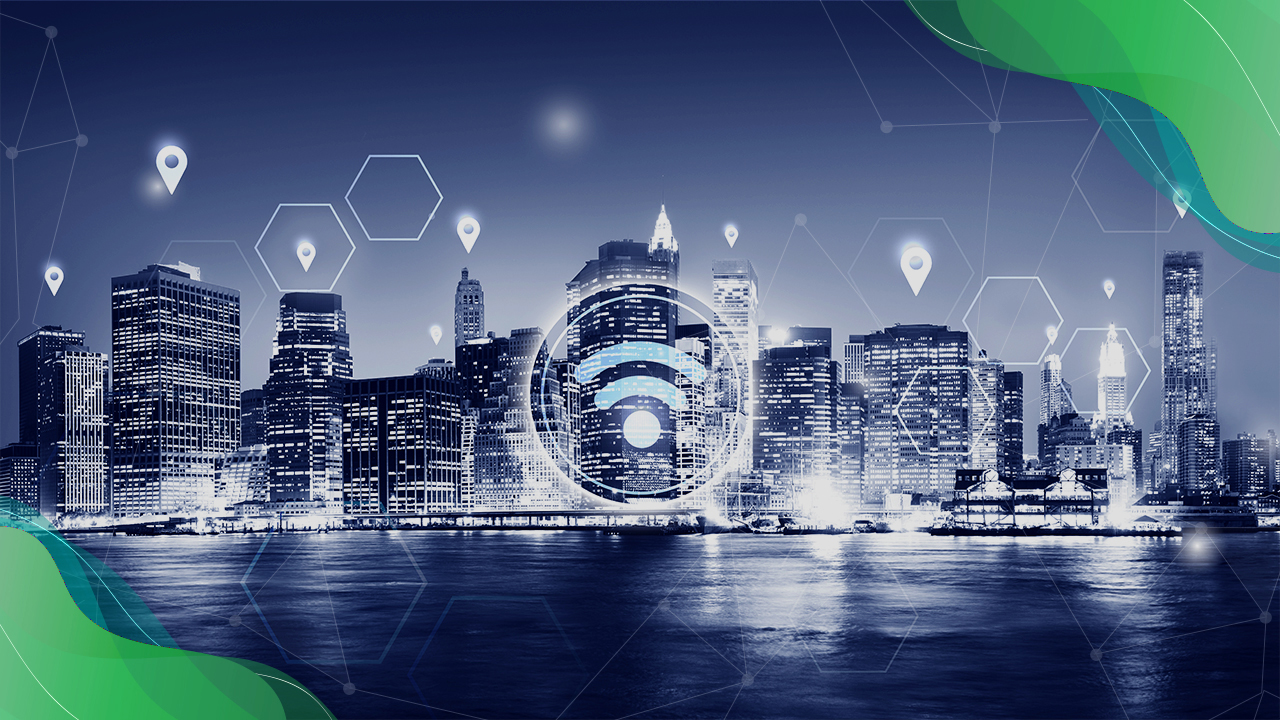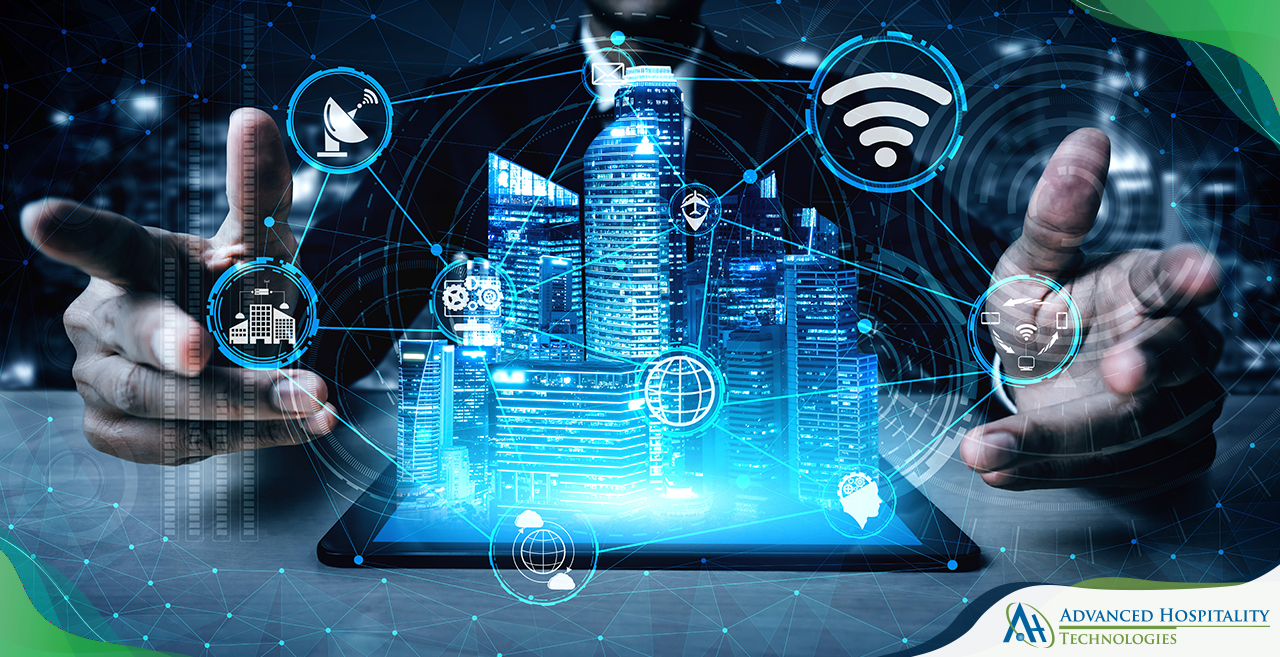A massive evolution beholds US hospitality, partially triggered by a new generation of travelers and partially by a pandemic. The concept of the smart hotel is now picking great traction among hotel operators. Integrating breakthrough contactless technologies to facilitate and delight guests is becoming frequent in even the smallest hotels around the US.
Smart hotel new build construction and renovations are also evolving similar to the end product. Hotel operators are partnering with leading technology vendors to build highly techtastic smart hotels more efficiently. A great example comes from Hong Kong based Shangri-La who have partnered with tech-giant Tencent deploying their leading cloud, A.I., social network and payment tools to assist guests.
The Contactless Experience
What once used to be the seamless guest experience has now come to be the ‘contactless guest experience.’ The contactless experiences entails adopting unique technologies and practices that deliver the same delightful experiences that guests have come to enjoy over the years.
Popular tools including smartphone apps, Bluetooth, voice assistants, etc. are making this transition easier for hotels, allowing hoteliers to rebuild trust with and provide premium hospitality services to guests.
The mobile check-in & checkout service in popular franchises like Marriott and Hilton are leading examples of the contactless experience. The journey usually begins for the guest when booking online, also contactless, creating an entire guest journey assisted by touchless tech.
Bluetooth room locks are also becoming a popular amenity in hotels with the growing fears of covid19 transmission. Digital payments are also popular among travelers, especially millennials who prefer more technology than their predecessors.
Contactless experiences will be the leading driver for hotels to get back to business, and begin rebuilding trust with their customers. Hospitality tech vendor ALICE’s 2019 Hotels Digital Divide report identified that 69% guests expect the hotel to offer smart amenities and their accessories during their stay.
IoT – The Internet of Things and Smart Hotel Rooms
Internet of Things technology now powers smart homes and even commercial buildings with property management systems. The technology primarily lays the framework for a network of devices equipped with sensors, applications, etc. to synchronize and exchange data with other devices through WIFI.
IoT applications are already allowing guests to personalize their entire hoteling experience through a mix of breakthrough amenities. Mobile apps, voice assistants and in-room tablets offer guests the freedom to control lighting, air conditions, and other aspects of the room through IoT integrations.
One of IoT’s major benefits is the ease and convenience it offers guests allowing them to adjust room amenities to their liking. Guests can easily enjoy their favorite entertainment on Smart TVs, adjust the ambiance of the room, and use online concierge support through their personal devices.
Construction of Smart Hotels
Hotel new build projects are already a careful process for operators and technology managers to develop successful tech-powered assets. Hoteliers are constantly looking for ways to build smart services into their structures allowing them to be more compatible with technology.
Smart technology embedded into structures has proven to deliver more efficiency in terms of power and wastage costs. Using breakthrough tools like building information modelling and modular construction, operators are reducing the cost of smart hotels altogether.
The construction of a unique and appealing smart hotel also requires the expertise of a hospitality technology management provider or professional. From the placement of charging ports to laying the foundations for robots, every aspect of smart hotels needs a proficient hotel technology expert.
Conclusion
Smart technology is increasingly improving guest experiences while making operations leaner in hotels around the world. Smart hotels are more sustainable with the environment, offer exclusive cost savings and enhance guest satisfaction.
US hoteliers are increasingly looking to automate guest rooms, while the prospect of entire smart hotels is even more alluring. We hope to build on this topic in the future with more examples and ideas from around the world, until next time, see you again soon.




